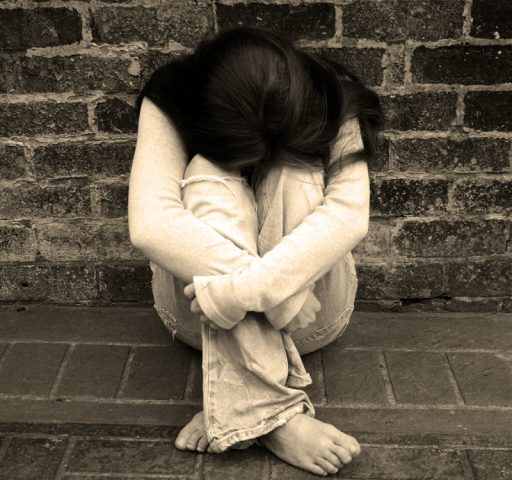The Republican-led House of Representatives failed to reauthorize the Violence Against Women Act (VAWA) January 2, angering almost anyone who believes in providing legal support and resources to victims of domestic violence.
The lack of a vote means that the U.S. is without a federal law protecting victims of violence for the first time since 1994, when the bill was originally passed.
In April, the Senate handily approved an updated VAWA coauthored by liberal Sen. Patrick Leahy (D-Vt.) and conservative Sen. Mike Crapo (R-Idaho) with bipartisan support—suggesting that the House would have few objections to approving the bill.
House members, however, took issue with new language that extended support to LGBT, Native American and immigrant victims of violence. They indicated they’d rather let the bill die than approve the more inclusive version of the law—which, after fruitless last-minute negotiations, is exactly what happened this week.
“The House Republican leadership’s failure to take up and pass the Senate’s bipartisan and inclusive VAWA bill is inexcusable. This is a bill that passed with 68 votes in the Senate and that extends the bill’s protections to 30 million more women,” said Sen. Patty Murray (D-W ash.), the Democrat spearheading the VAWA campaign on Capitol Hill, in a statement. “This seems to be how House Republican leadership operates. No matter how broad the bipartisan support, no matter who gets hurt in the process, the politics of the right wing of their party always come first.”
Domestic or intimate partner violence continues to affect LGBT communities at an alarming rate. In October, the National Coalition of Anti-Violence Programs released data quantifying intimate partner violence incidents in 22 states, finding 19 homicides, the highest yearly total ever recorded by the coalition and more than three times the six documented homicides in 2010. A majority of the victims were gay men. In addition, more survivors—almost 62 percent—reported being denied access to shelter than in 2010.
The collation specifically called for the passage of an LGBT-inclusive VAWA that protects survivors from discrimination based on sexual orientation and gender identity to help curb the incidence of intimate partner violence.


What Do You Think?